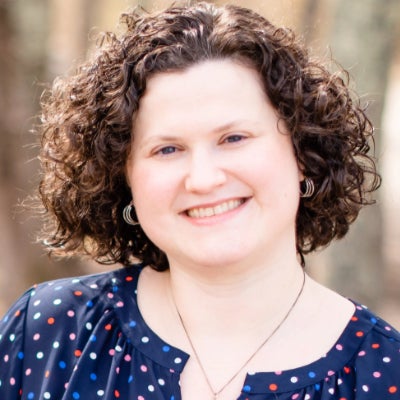- Associate Professor of Sociology
- Chafee Hall, Rm 514
- Phone: 401.874.2597
- Email: mbrasher@uri.edu
- Google Scholar
Biography
Melanie Sereny Brasher joined the University of Rhode Island in the fall of 2014 as part of the Cluster Hire Initiative in Aging & Health. She is currently an associate professor with a joint appointment in the departments of sociology and anthropology and human development and family science.
Professor Brasher currently teaches
- SOC 212: Sociology of the Family
- SOC 224: Health, Illness, and Medical Care
- SOC 431: Family and Aging
- SOC 438: Aging and Society
- SOC 460: Quantitative Methods in Sociology
Research
Professor Brasher is a sociologist, social gerontologist, and demographer who uses secondary data and sociological frameworks to study intergenerational relations and social determinants of health in both China and the US. The study of aging is inherently interdisciplinary, and she collaborates with colleagues across URI and at other institutions in the U.S. and in China. She aims to further knowledge among scholars and URI students about the challenges and opportunities of population aging.
Link to google scholar page
Education
- Doctor of Philosophy, sociology, Duke University, 2013
- Master of Arts, sociology, Duke University
- Bachelor of Arts., Washington University, St. Louis
Selected Publications
(Recent)
- Brasher, M. S. (2021). Filial Norms, Altruism, and Reciprocity: Financial Support to Older Parents in China. Journal of Population Ageing, 1-19.
- Leedahl, S. N., Brasher, M. S., LoBuono, D. L., Wood, B. M., & Estus, E. L. (2020). Reducing ageism: Changes in students’ attitudes after participation in an intergenerational reverse mentoring program. Sustainability, 12(17), 6870.
- Brasher, M. S. (2019). Social clock. In D. Gu, & M. E. Dupre (Eds.), Encyclopedia of gerontology and population aging(pp. 1-3). Cham: Springer International Publishing. doi:10.1007/978-3-319-69892-2_517-1
- Leedahl, S. N., Brasher, M. S., Estus, E., Breck, B. M., Dennis, C. B., & Clark, S. C. (2019). Implementing an interdisciplinary intergenerational program using the Cyber Seniors® reverse mentoring model within higher education. Gerontology & geriatrics education, 40(1), 71-89.
- Yin, Z., Brasher, M. S., Kraus, V. B., Lv, Y., Shi, X., & Zeng, Y. (2019). Dietary diversity was positively associated with psychological resilience among elders: A population-based study. Nutrients, 11(3), 650.
- Brasher, M. S., George, L. K., Shi, X., Yin, Z., & Zeng, Y. (2017). Incorporating biomarkers into the study of socio-economic status and health among older adults in china. SSM – Population Health, 3, 577-585. doi:10.1016/j.ssmph.2017.07.003 [doi]
- Rackin, H. M., & Brasher, M. S. (2016). Is baby a blessing? Wantedness, age at first birth, and Later‐Life depression.Journal of Marriage and Family, 78(5), 1269-1284.
- Zeng, Y., Brasher, M. S., Gu, D., & Vaupel, J. W. (2016). Older parents benefit more in health outcome from daughters’ than sons’ emotional care in china. Journal of Aging and Health, 28(8), 1426-1447. doi:10.1177/0898264315620591 [doi]

